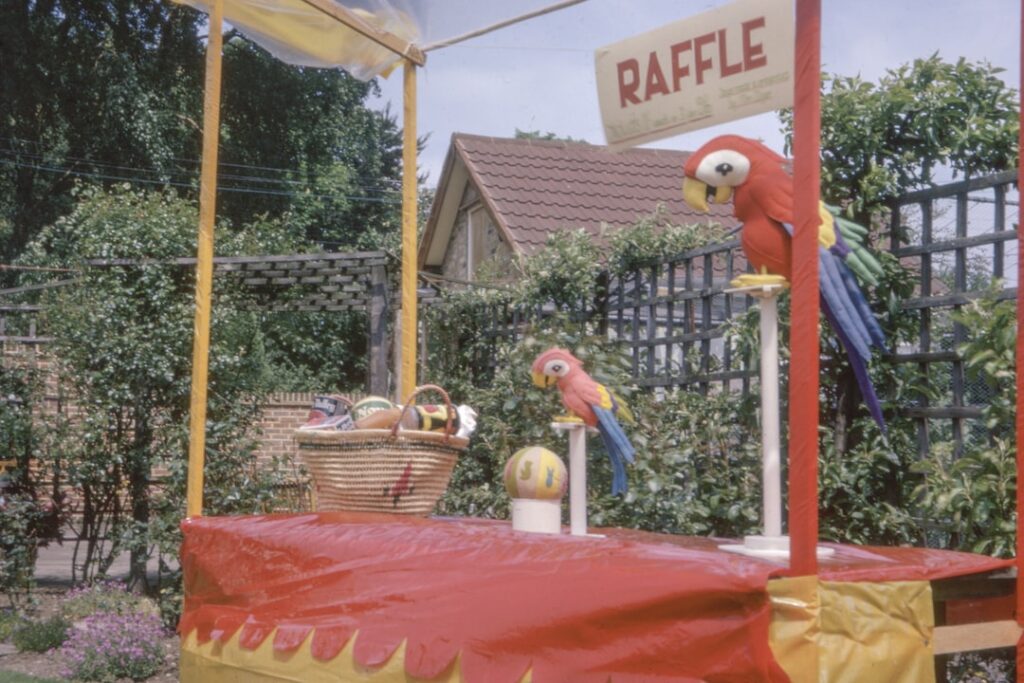What is a Raffle?
A raffle, in its simplest form, is a game of chance where people purchase tickets in exchange for the chance to win a prize. The winner is chosen at random from all ticket entries. Raffles are often used by charities and organizations as a means of raising funds. While the ticket holder has the opportunity to win something potentially valuable, the sponsoring organization gains funds regardless of who wins.Effectiveness of Raffles
The efficacy of raffles as a promotional or funding strategy depends on several factors like the prize, ticket pricing, audience, and promotional strategies. High-value, desirable prizes can increase ticket sales. Affordable ticket pricing can make the raffle accessible to a wider audience. Lastly, promoting the raffle is crucial: If no one knows about it, no one will participate.Organizing a Raffle: The Step-By-Step Blueprint
If you’ve decided to host a raffle, follow these steps:- Decide on the Prize: The prize should be attractive enough to entice people to buy raffle tickets. You could have one grand prize or several smaller ones.
- Set the Ticket Price: Keep it affordable so that more people can participate. The cost can depend on the prize’s value and the target audience’s spending power.
- Promote the Raffle: Use digital platforms and traditional marketing platforms to spread the word.
- Sell Tickets: Decide where to sell them – online, at your office, or at events.
- Draw the Winner: This should be done in a transparent manner in front of an audience, or for online raffles, live-streamed.
